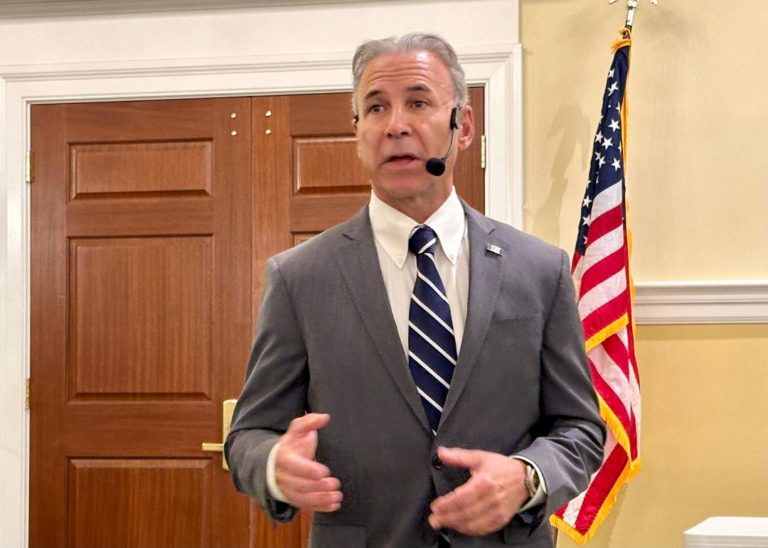Governor Ned Lamont is proposing new legislation that aims to improve access to maternal health services for low-risk pregnancies, including the opening of free-standing birth centers as an alternative to traditional hospitals. The governor’s proposal comes in response to several pending requests from hospitals to close their labor and delivery facilities, which could create geographic and financial gaps in maternal care.
According to recent data, pregnancy-associated deaths have been increasing across all races and age groups since 2018, with Black populations consistently experiencing higher rates of maternal mortality at the national and state levels. Governor Lamont’s proposal seeks to address these disparities by increasing access to maternal care resources, including providers.
Free-standing birth centers offer a high-value alternative to traditional hospitals for low-risk pregnancies, providing longer prenatal visits, continuous support from midwives through labor, home visits, and breastfeeding counseling in the postpartum period. On average, birth centers save about $2,100 per infant-mother pair and decrease the number of cesarean births. They have also been shown to increase vaginal births after cesarean deliveries and reduce preterm births.
The proposed legislation also creates a certification pathway for doulas and midwives and directs state agencies to design a statewide program for universal nurse home visiting. These efforts aim to establish consistency and quality of care, increase accessibility to maternal health services, and reduce health disparities.
Governor Lamont has also introduced House Bill 6669, which seeks to reduce the costs of health care services for Connecticut residents by eliminating hospital facility fees charged at free-standing offices and clinics, implementing stronger regulatory enforcement tools, committing Connecticut to join a multistate bulk purchasing consortium to negotiate prescription drug discounts, requiring the annual publication of a list of prescription drugs that experience major price spikes, and strengthening protections for discounted prescription drugs purchased through the federal 340B program.
The Public Health Committee is holding a public hearing today to discuss these proposals, and Governor Lamont is urging the committee to vote favorably upon them. Overall, these legislative efforts aim to improve access to high-quality maternal health services, reduce health disparities, and decrease healthcare costs for Connecticut residents.




